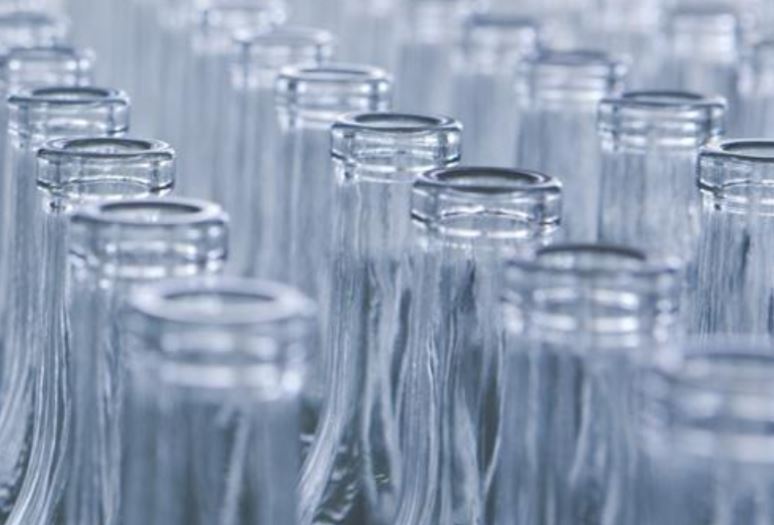×
The Standard e-Paper
Kenya’s Boldest Voice

Glass manufacturing, like many other industries, has faced difficult times in Kenya. However, Joe Mureithi, the managing director of Consol Glass Industries, one of East Africa’s three glass manufacturers, says the industry has a promising future.